Going vegan means watching out for hidden animal ingredients in everyday foods. Many products seem plant-based at first glance but contain sneaky animal-derived additives.
Even careful shoppers get fooled by these common foods. Ready to discover which supposedly vegan items aren’t actually animal-free?
1. White Sugar
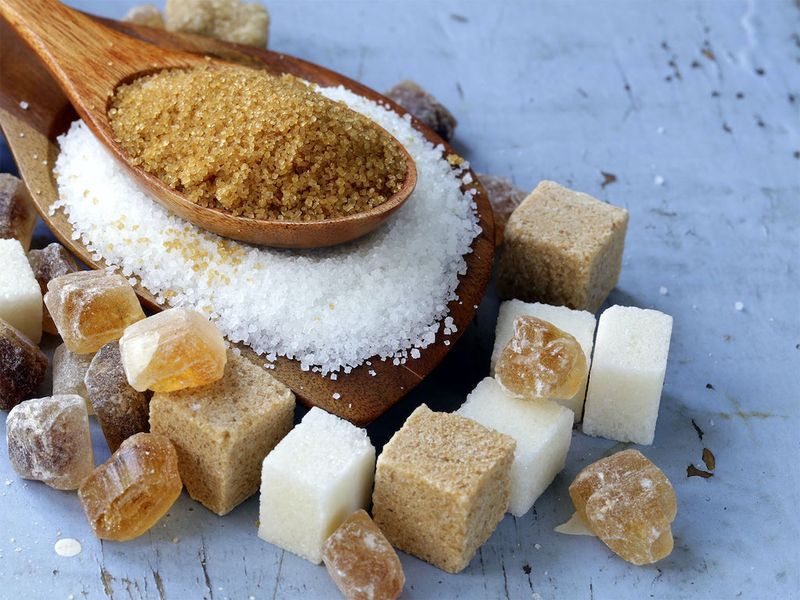
Many white sugar brands use bone char (animal bones heated at high temperatures) to achieve that pristine white color. The sugar itself doesn’t contain bone particles, but the filtration process involves animal products.
Look for organic or unrefined sugar instead, which skips this process entirely.
2. Red-Colored Foods
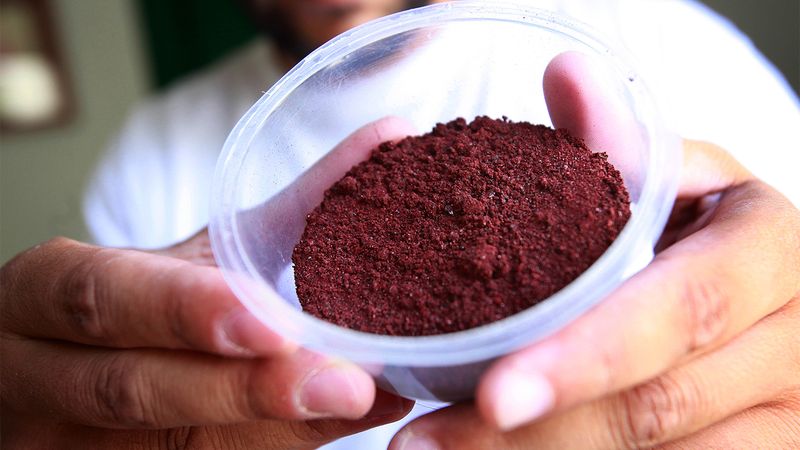
Shocked? Many red candies, yogurts, and juices contain carmine (cochineal extract), made from crushed female cochineal insects.
Food companies love this vibrant red dye for its stability. Check ingredient lists for ‘carmine,’ ‘cochineal,’ or ‘Natural Red 4’.
3. Orange Juice
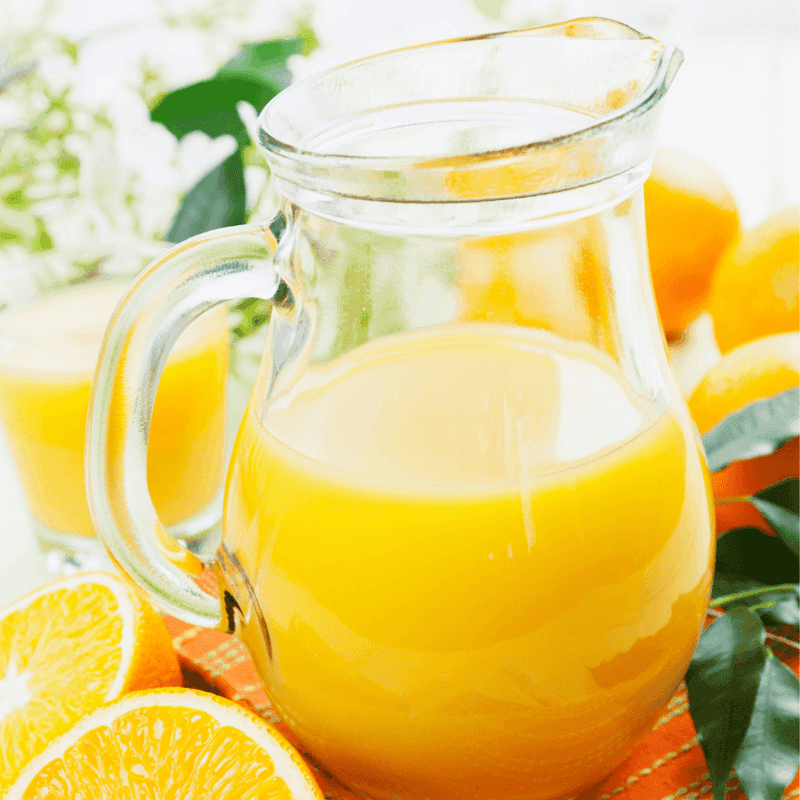
Surprise! Some brands of orange juice contain omega-3 additives derived from fish oil or vitamin D3 from lanolin (sheep’s wool oil).
These fortified versions aren’t vegan-friendly despite seeming like pure fruit juice. Always read labels on fortified juices to spot animal-derived supplements.
4. Beer And Wine

Many breweries and wineries use isinglass (fish bladders), gelatin, egg whites, or casein (milk protein) to filter their beverages. These fining agents remove yeast and solid particles.
Thankfully, many brands now label their products as vegan-friendly. Barnivore.com helps you find animal-free alcohol options.
5. Worcestershire Sauce
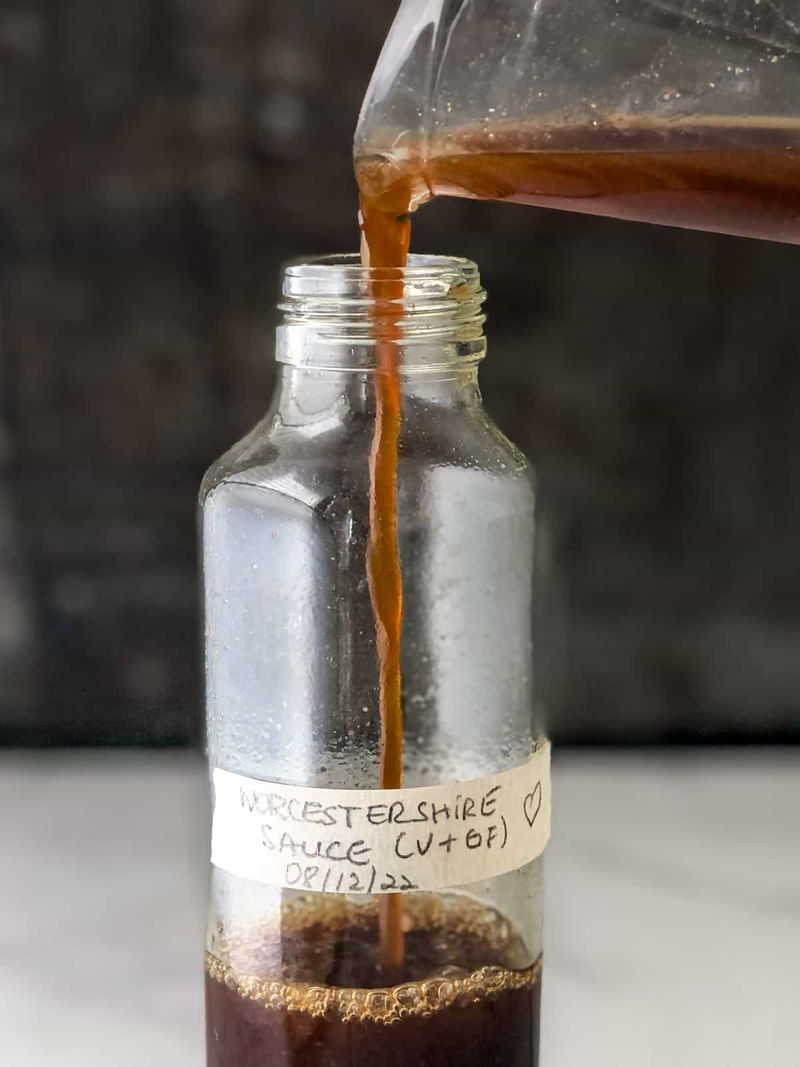
Traditional Worcestershire sauce contains anchovies as a key ingredient! This popular condiment gets its distinctive umami flavor from these small fish.
Vegan versions exist using soy sauce or tamarind for that savory kick. Always check the label before adding it to your Bloody Mary.
6. Bananas
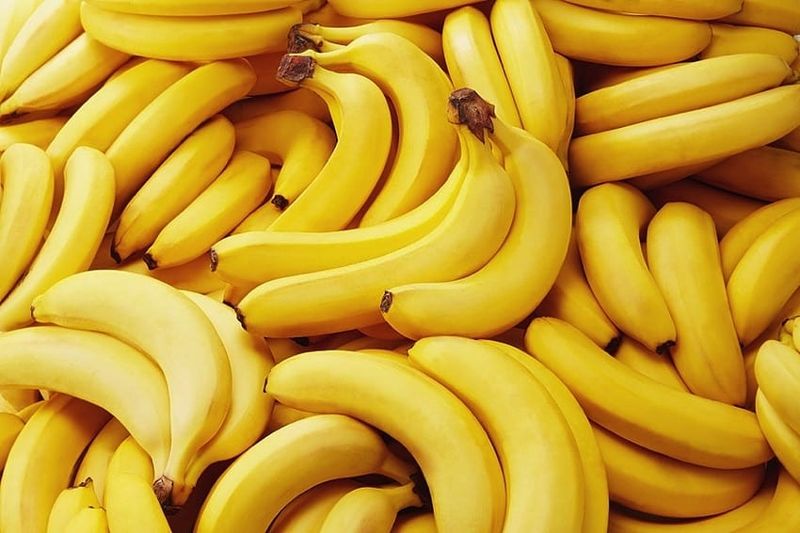
Commercially grown bananas often arrive at stores coated with chitosan, a preservative made from crustacean shells. This invisible shellfish-derived coating extends shelf life by preventing ripening.
Organic bananas usually skip this treatment. Buy local or organic!
7. Bagels And Bread
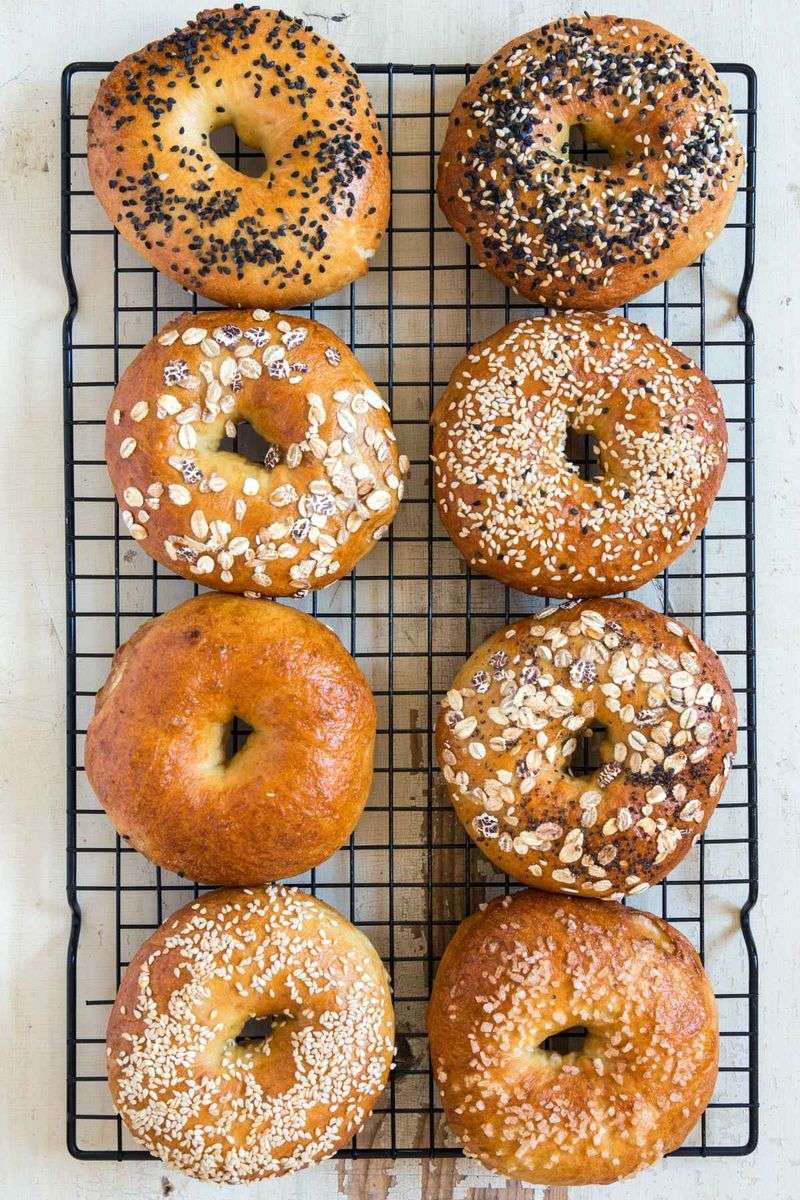
L-cysteine, an amino acid often derived from duck and chicken feathers, lurks in many commercial breads and bagels. Manufacturers use it as a dough conditioner to improve texture.
Artisanal bakeries frequently skip this additive. Check ingredient lists for L-cysteine or look for certified vegan options.
8. Refried Beans
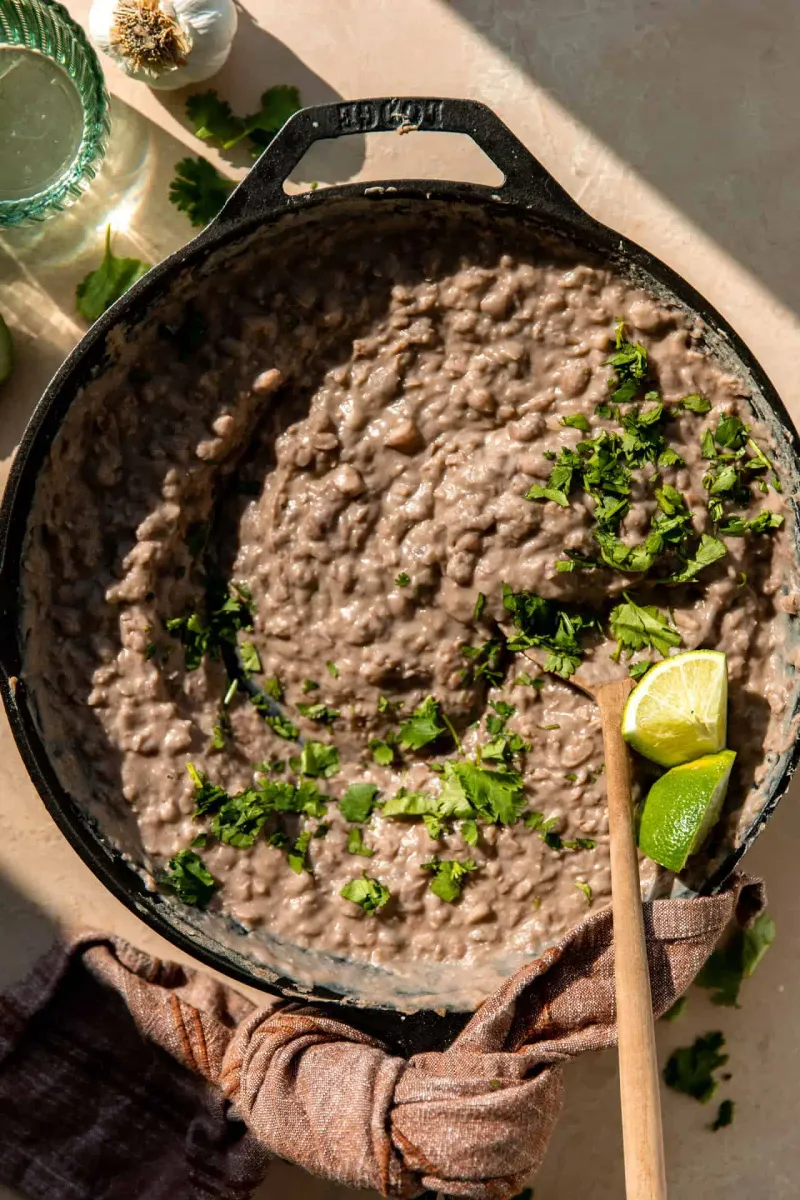
Canned refried beans often contain lard (pig fat) for flavor and texture. This traditional preparation method remains common in many commercial brands.
Vegetarian or vegan versions explicitly state this on the label. Look for “vegetarian refried beans” to ensure you’re getting a plant-based option.
9. Non-Dairy Creamers

“Non-dairy” doesn’t always mean vegan! Many contain casein (milk protein) despite their misleading labels. Food labeling laws allow this contradiction because casein isn’t lactose.
Look specifically for “vegan” creamers or check ingredient lists carefully for casein, sodium caseinate, or milk derivatives.
10. Pesto
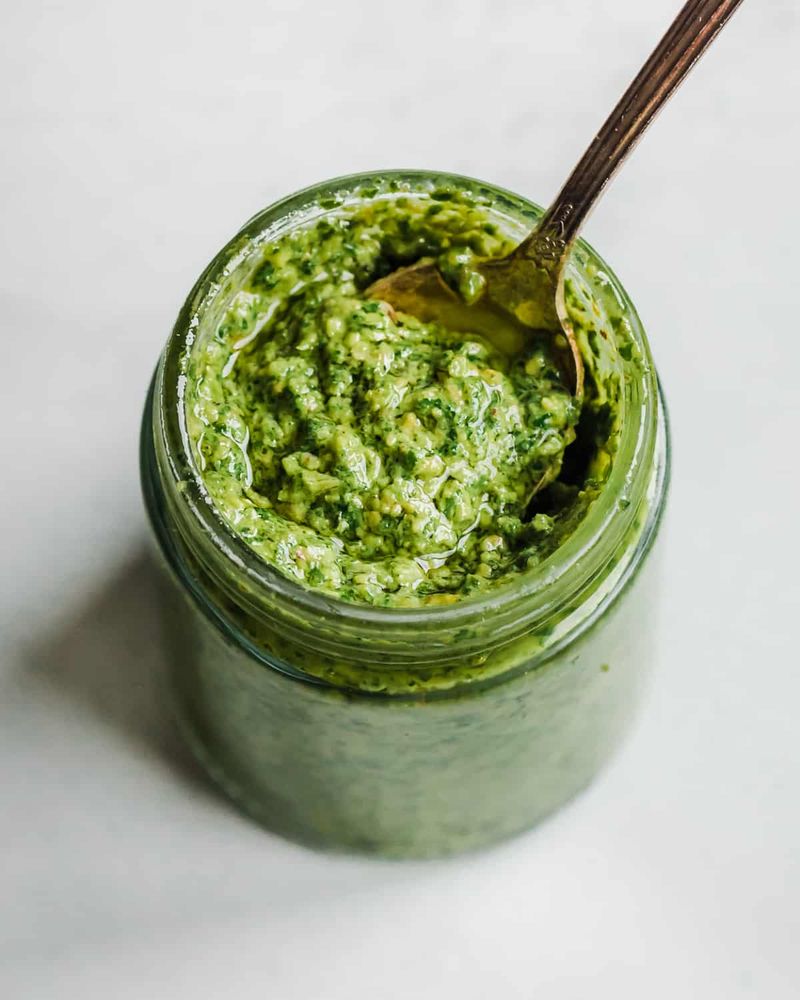
Traditional pesto recipes include Parmesan cheese, which contains rennet (enzymes from calf stomachs). Store-bought versions almost always contain cheese unless specifically labeled vegan.
Make your own with nutritional yeast instead of cheese. Many brands now offer dairy-free alternatives in the refrigerated section.
11. Marshmallows
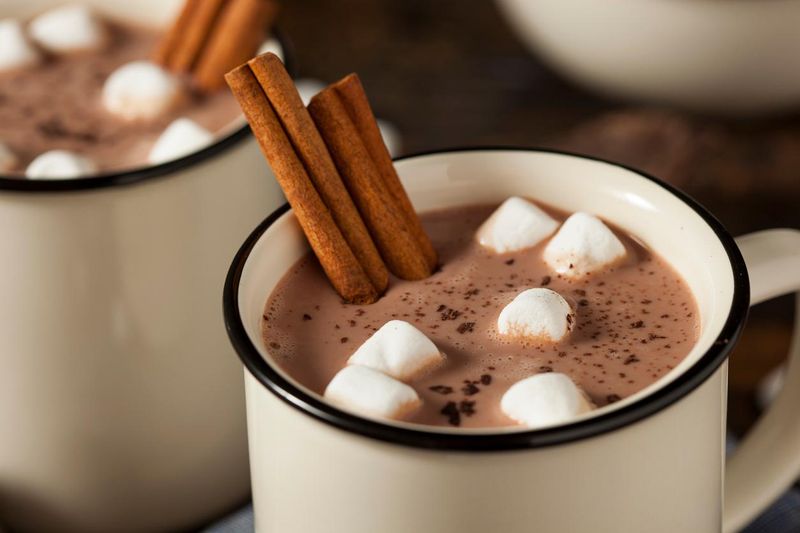
Fluffy marshmallows contain gelatin, made by boiling animal skin, tendons, ligaments, and bones. This protein gives marshmallows their distinctive springy texture.
Vegan alternatives use plant-based thickeners like agar-agar or carrageenan. Brands like Dandies and Trader Joe’s offer animal-free options.
12. Salted Peanuts
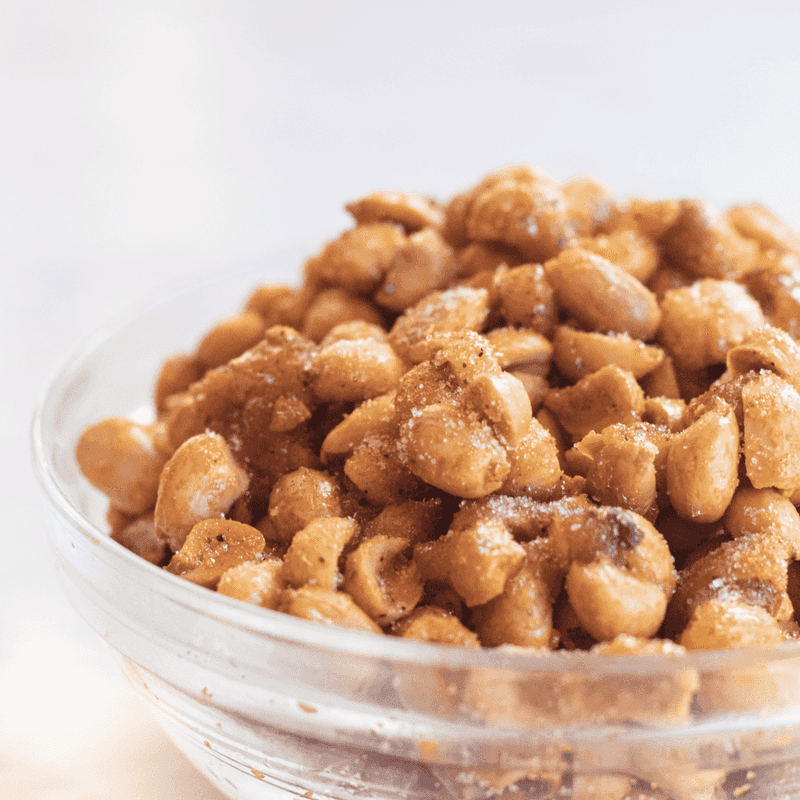
Gelatin makes salt stick to peanuts in many commercial varieties. Manufacturers spray a fine gelatin mist onto nuts before adding salt crystals.
Plain roasted nuts avoid this issue. Check ingredient lists carefully or contact manufacturers if you’re unsure about their production methods.
13. Vegetable Soups
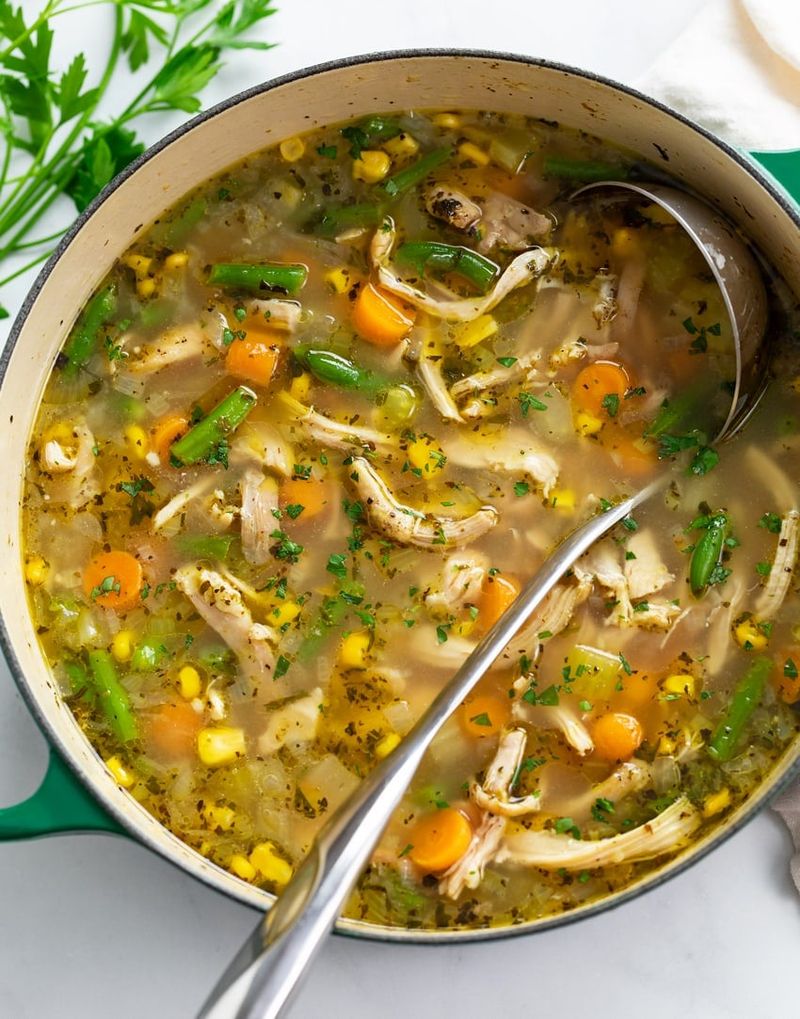
Seemingly innocent vegetable soups often contain chicken or beef stock as their base. Even “garden vegetable” varieties frequently use animal broths for flavor enhancement.
Read labels carefully. Look specifically for “vegetarian” or “vegan” on packaging, or make your own using vegetable broth.
14. Vanilla Flavoring
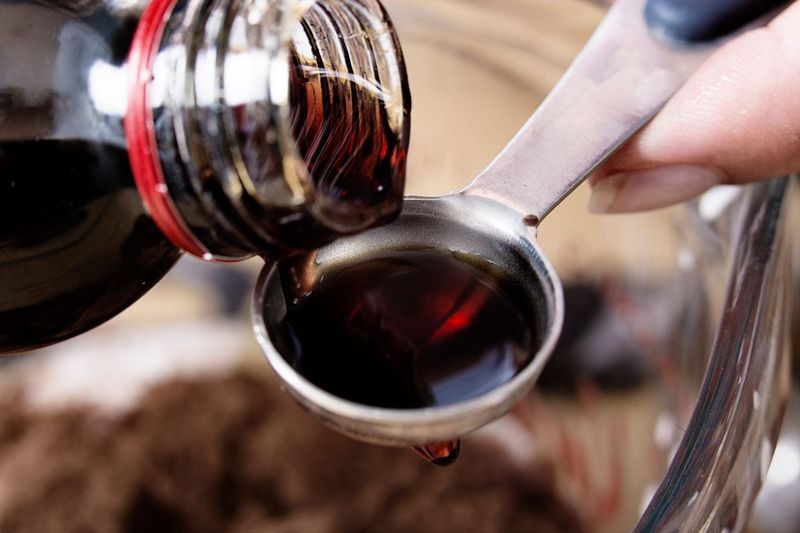
Castoreum, derived from beaver anal glands, sometimes appears in vanilla flavorings. While less common today, this animal secretion can still be found in some products labeled as “natural flavoring.”
Pure vanilla extract is typically vegan.
15. BBQ Potato Chips

Many BBQ-flavored chips contain chicken fat or dairy products in their seasoning. The complex flavor profile often relies on animal-derived ingredients for that authentic taste.
Some brands make vegan versions. Always scan the ingredients for animal derivatives.
16. Roasted Vegetables
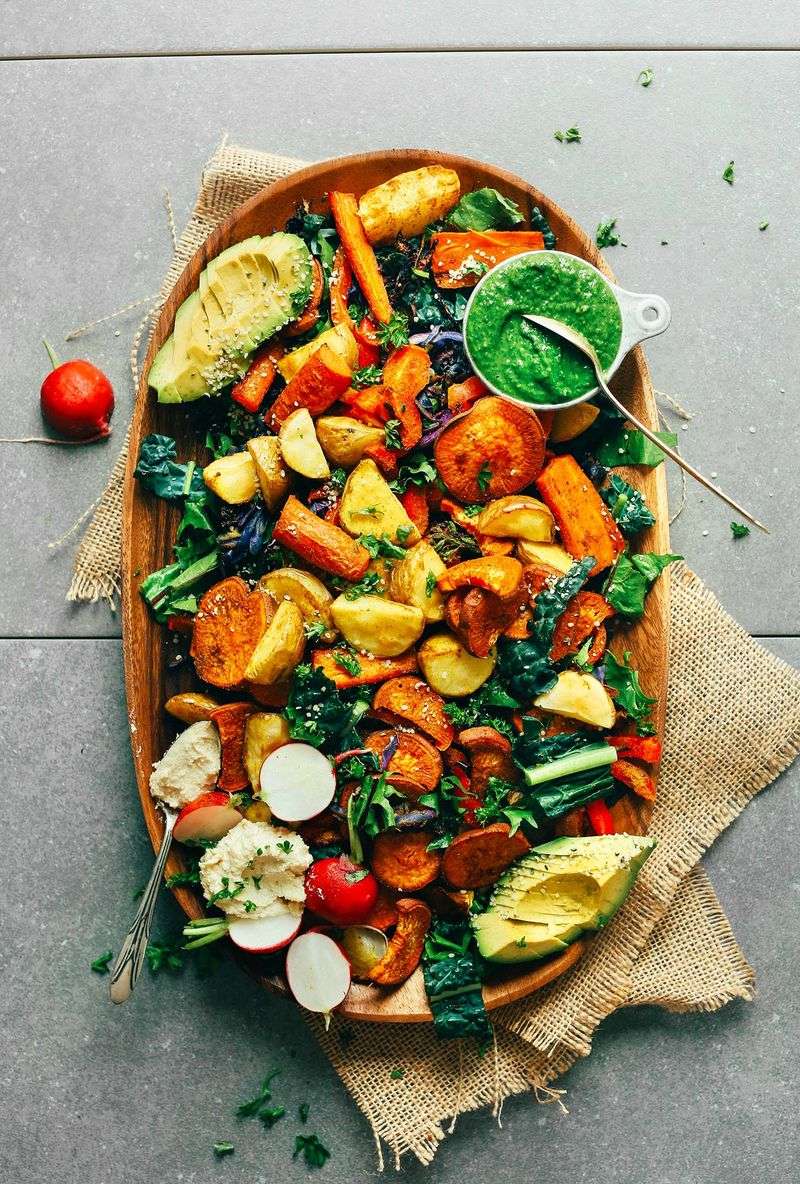
Restaurant-served roasted vegetables are frequently prepared with butter or animal fats. Chefs often use these ingredients to enhance flavor and achieve caramelization.
When dining out, specifically request your vegetables be prepared with olive oil instead.
17. Fig Newtons
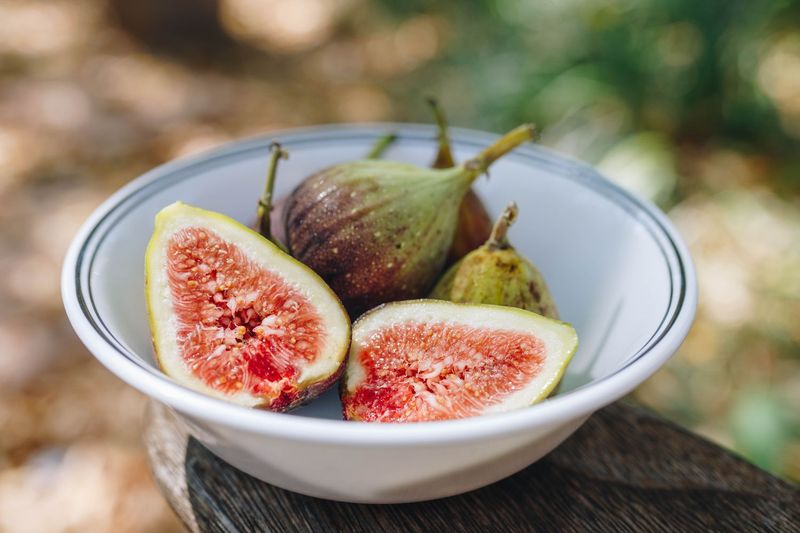
Figs themselves have a bizarre relationship with wasps. Female wasps often die inside figs during pollination, and their bodies are broken down by enzymes in the fruit.
While technically plant-based, some vegans avoid figs for this reason. Commercial fig products may also contain other non-vegan ingredients like whey.
18. Miso Soup
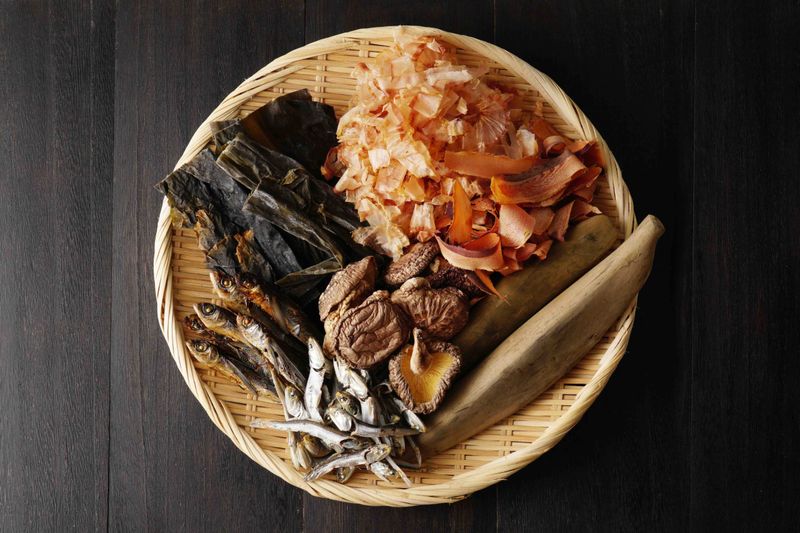
Traditional Japanese miso soup contains dashi, a fish-based stock made from dried bonito flakes. This key ingredient provides the distinctive umami flavor base.
Vegan versions substitute mushroom or seaweed-based dashi.
19. Altoids Mints
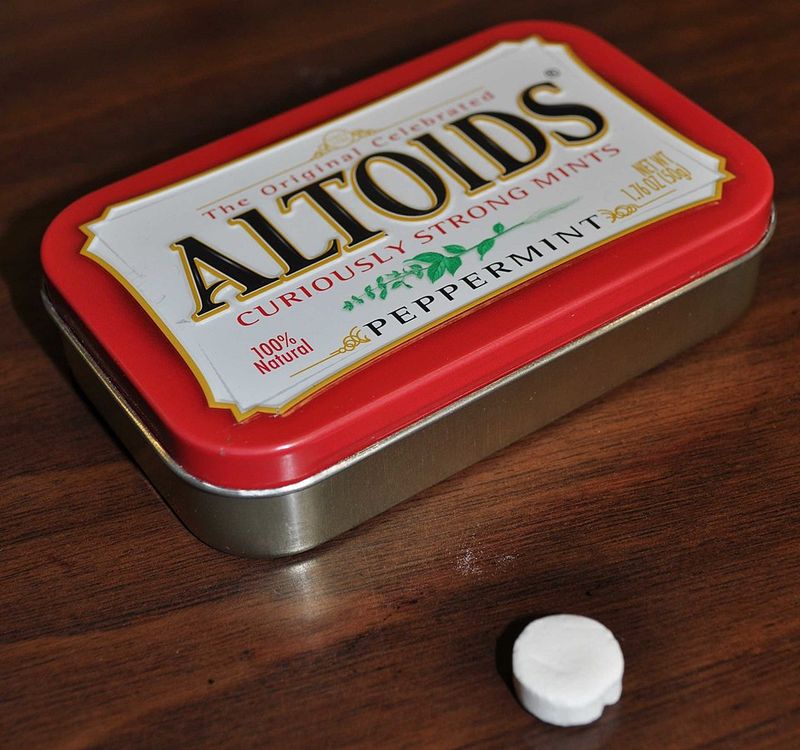
Those “curiously strong” Altoids contain gelatin as a binding agent. Many hard candies and mints rely on this animal-derived ingredient to maintain their texture and structure.
Numerous vegan mint brands exist. Check ingredient lists for gelatin, stearic acid, or glycerin, which can all come from animal sources.

